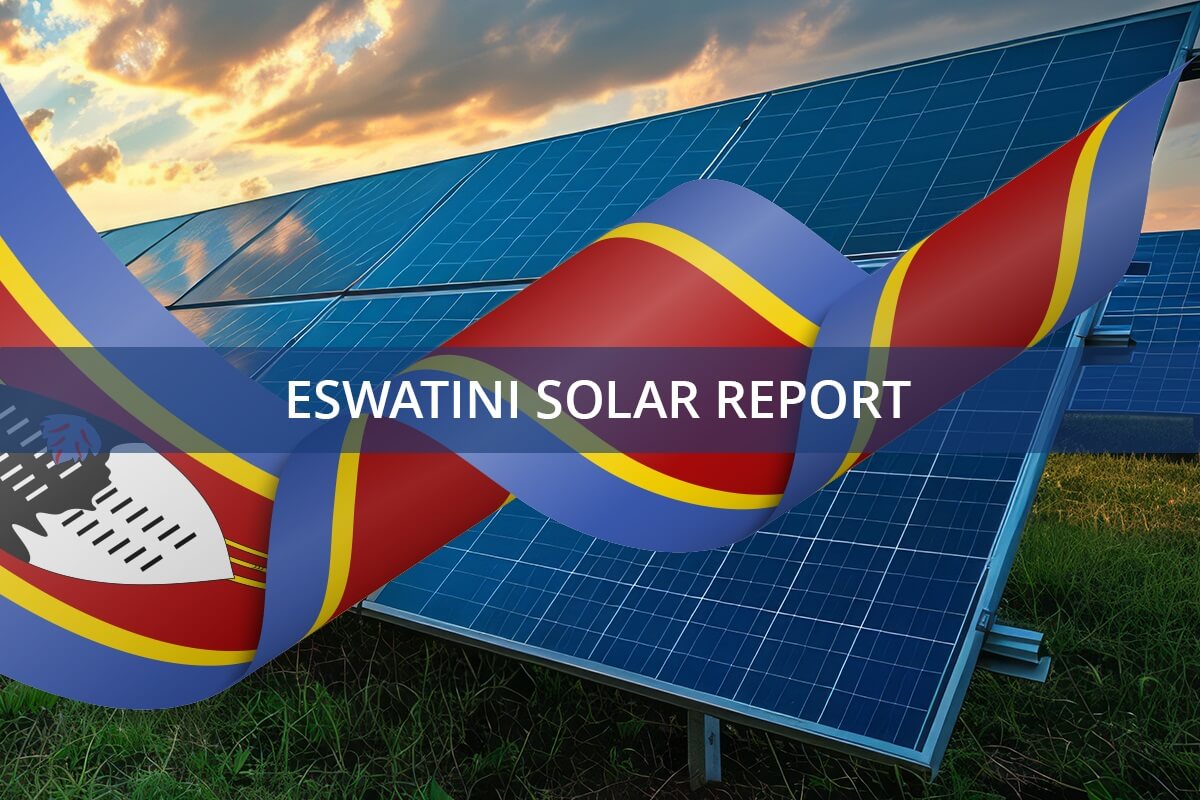Eswatini is set to expand its off-grid solar power initiatives to increase energy access, particularly in rural areas. This move aims to reduce the country’s reliance on imported electricity, improve energy security, and support sustainable development. The expansion aligns with a broader trend across Africa, where distributed solar solutions like home systems and mini-grids are expected to account for 42% of the continent’s solar PV growth in the next five years.
Partnership for Eswatini off-grid solar with World Bank
The World Bank has approved a $12.6 million loan to support Eswatini’s efforts to electrify rural areas through off-grid solar power solutions. This funding is a critical part of a broader government initiative to improve energy access and promote renewable energy in the country.
While the cost of solar technology is falling relative to traditional diesel generators, the upfront capital cost remains a significant barrier for many families. It’s estimated that only about 22% of households without electricity can afford even a basic “tier 1” solar kit. Therefore, financial support like this World Bank loan is essential for making clean energy accessible and accelerating adoption.
“Off-grid solar power solutions are ideal for rural areas where extending the national grid can be costly and challenging. These systems provide electricity to households, schools, and businesses, enabling them to power lights, appliances, and equipment,” Eswatini’s Prime Minister said.
Ready to make big Profits?
The solar Industry is Booming
WE HELP NEWCOMERS to the solar industry start their own solar module production line. Customers can make BIG PROFITS by selling modules and finding investors, without wasting money and time on things they don't need!
Eswatini’s Renewable Energy Potential with Off-Grid Solar
Eswatini has significant renewable energy potential, particularly in solar power, which can help the country reduce its dependence on imported electricity. Currently, Eswatini imports about 80% of its electricity from South Africa and Mozambique. Developing its own renewable energy sources is a strategic move to improve energy security and build resilience against external supply disruptions and climate impacts that affect water and energy availability. You can explore a deeper analysis in the Eswatini Solar Panel Manufacturing | Market Insights Report.
The government’s Eswatini renewable energy Initiative aims to achieve 100% electrification by 2030. This ambitious goal aligns with the United Nations’ Sustainable Development Goals and reflects a global push towards clean energy, as detailed in the latest Global Solar Report.
Benefits of Off-Grid Solar Power in Eswatini
Off-grid solar power systems offer numerous benefits, including environmental sustainability, cost-effectiveness, and reliability. These systems produce clean energy, reducing greenhouse gas emissions and contributing to global efforts to combat climate change. They are also less expensive to install and maintain compared to extending the national grid, making them a practical solution for rural electrification.
Beyond the environmental and economic advantages, off-grid solar provides reliable electricity, which is crucial for powering essential services. A stable power supply enables communities to improve healthcare, education, and communication. A prime example of this impact is how a Solar Transition Enhances Healthcare at Sidvokodvo Clinic, ensuring that vital services like vaccine storage can be maintained without interruption.
Solar Home Systems for Eswatini off-grid solar
Solar home systems (SHS) are an integral part of Eswatini’s off-grid solar power initiative. These systems typically consist of solar panels, batteries, and inverters, providing enough electricity for lighting, charging mobile phones, and powering small appliances. The basics of manufacturing show how these components come together to create an affordable and easy-to-install solution ideal for rural households.
In addition to individual SHS, the government is promoting community solar projects. These larger systems can power multiple households, schools, and local businesses, creating a shared energy resource. This model of electrifying community hubs has proven successful elsewhere on the continent, as seen in the Rwanda solar schools Initiative, which is transforming village life. Community projects can also generate income for local residents by selling excess electricity back to the grid where possible.
Eswatini’s off-grid solar power expansion is a significant step toward achieving its energy goals. By increasing access to electricity in rural areas, the government is improving the quality of life for thousands of people and promoting a more sustainable and resilient future.
If you’re interested in learning more about the intricacies of solar panel technology, from conception to installation, consider enrolling in our Free E-Course.



